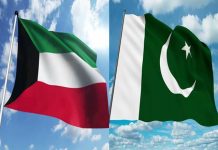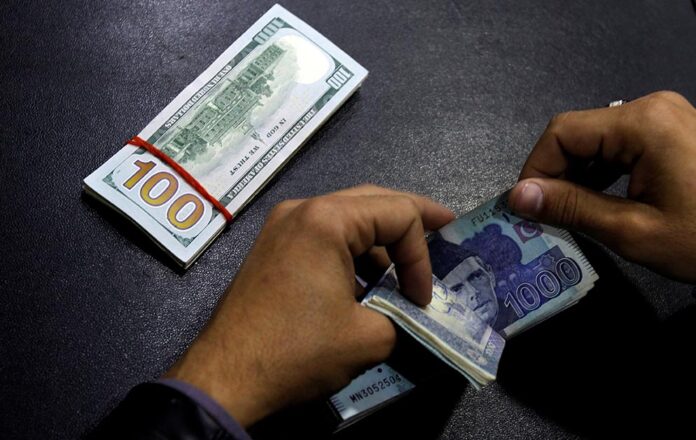Former finance minister Dr Hafeez Pasha said that the State Bank of Pakistan’s (SBP) practice of purchasing dollars from the market, which originated from informal hawala-hundi channels, to stabilise the rupee-dollar exchange rate and shore up foreign exchange reserves is not sustainable.
Speaking on a private television, Dr Pasha said the government’s current strategy of maintaining the rupee-dollar parity between Rs278 and Rs280 negatively affects exporters, who now face a full 29% tax on income due to IMF conditions, compared to the earlier 1%.
He noted that while regional countries like India and Bangladesh provide substantial incentives and tax relief to their exporters, Pakistan has removed similar incentives, further burdening the export sector.
Dr Pasha explained that despite substantial government interventions, economic growth is unlikely to exceed 2% during the current fiscal year, significantly below the target of 3.5%. He attributed this slowdown to negative growth in large-scale manufacturing (LSM) and major declines in agriculture production, particularly cotton, which saw a 28% reduction.
Highlighting Pakistan’s economic conditions, Dr Pasha noted that GDP growth for the first quarter of the fiscal year was only about 1%, with the country failing to achieve even a 3% average GDP growth over the past five years—the lowest recorded level in its history. Due to population growth exceeding 2.5%, per capita income has declined, pushing around 44% of the population below the poverty line. Unemployment has surged to 22%, the highest ever recorded, with around 20 million youth currently without jobs.
Regarding inflation, Dr Pasha stated it dropped significantly, registering below 1% in March. However, he pointed out that core inflation—which excludes volatile food and fuel prices—remains between 6% and 8%.
He expressed doubts about the Pakistan Bureau of Statistics (PBS) data, questioning reported declines of 34% in wheat prices and 15% in fuel prices, despite the government’s policy of keeping fuel prices unchanged.
He warned that unless exports significantly improve, Pakistan’s economy would continue facing vulnerabilities, with widening trade deficits reflecting structural weaknesses.
Dr Pasha also expressed concerns regarding the minimal foreign direct and portfolio investment, which remained flat at $1.4 billion despite government expectations of $10-$15 billion following the establishment of the Special Investment Facilitation Council (SIFC).
Additionally, he noted that the government has committed to the IMF to privatise Pakistan International Airlines (PIA) and two distribution companies (DISCOs), a task yet to be completed. He anticipated improved incentives for investors, including tax exemptions on new aircraft purchases, to facilitate PIA’s privatisation.
Dr Pasha predicted a substantial shortfall in Federal Board of Revenue (FBR) collections—likely exceeding Rs1,000 billion by the fiscal year’s end—further complicating Pakistan’s position during upcoming IMF reviews.
























